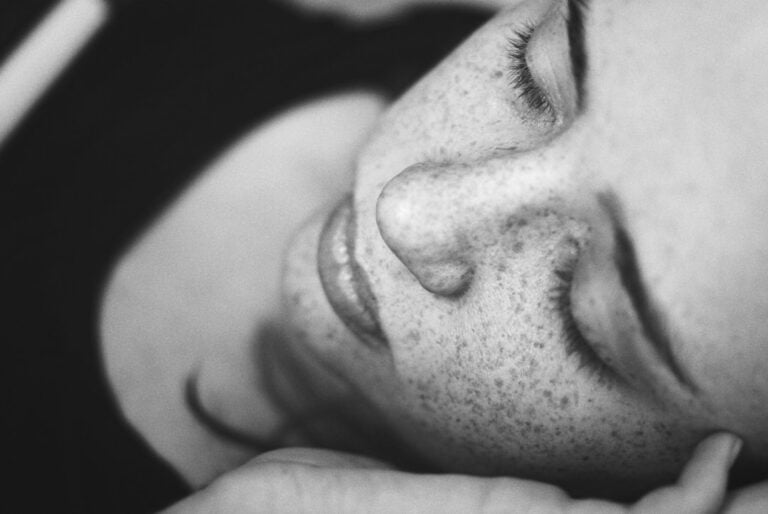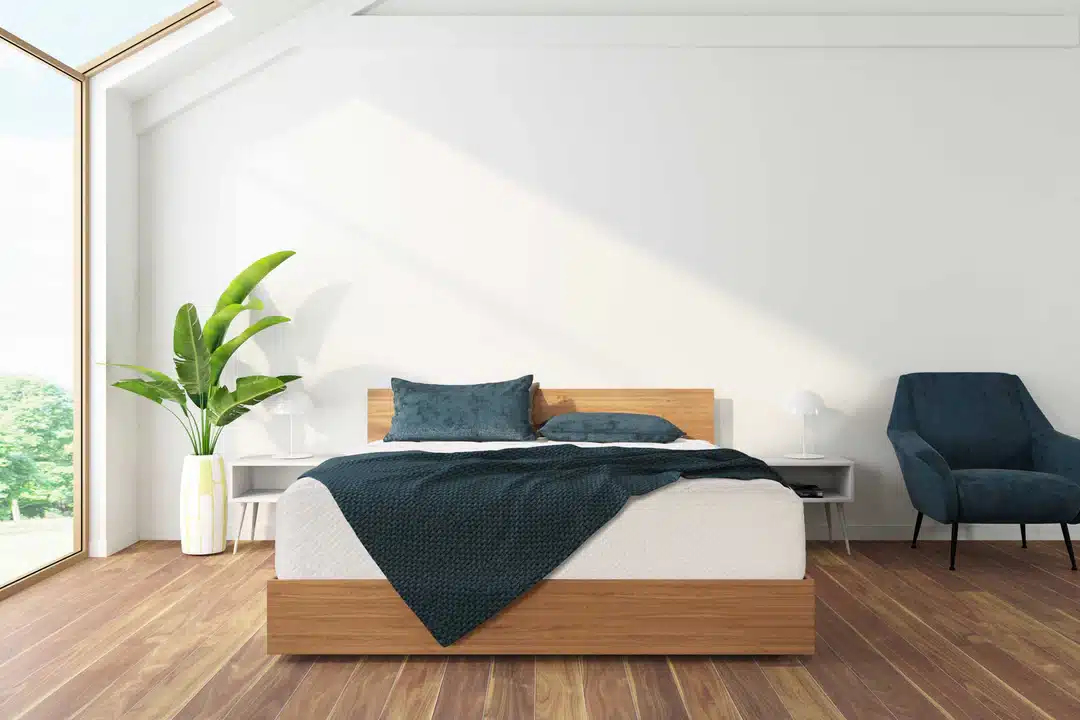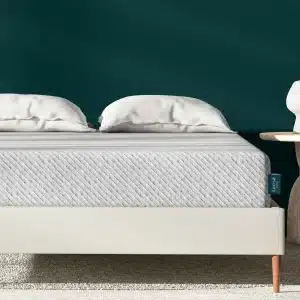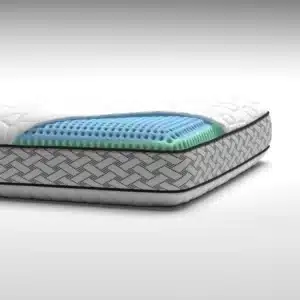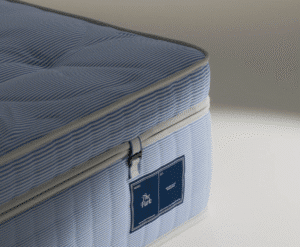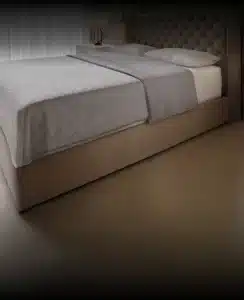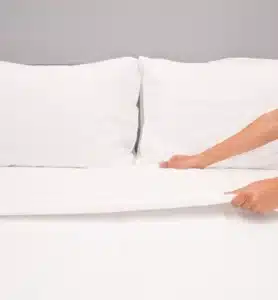Step-by-Step Guide to Assessing Sleep Apnoea Risk with a Quiz
Why Understanding Sleep Apnoea Risk is Crucial
Chronic sleep issues are exceedingly common, with nearly 70 million Americans grappling with sleep disorders. Among them, a significant number may be suffering from obstructive sleep apnoea (OSA) without even realizing it. Alarmingly, studies indicate that up to 80% of moderate-to-severe OSA cases are undiagnosed.
Understanding the risk for sleep apnoea is essential, as undiagnosed OSA can drastically affect your quality of life and longevity. The symptoms may extend beyond loud snoring to include dangerous conditions such as gasping for air and extreme daytime fatigue. To assess your risk accurately, consider taking a sleep apnoea quiz.
My journey with sleep disorders transformed me from someone plagued by chronic sleep deprivation to a sleep specialist. I’m here to shed light on sleep apnoea and guide you in recognizing your own risk.
What is Sleep Apnoea?
Sleep apnoea is a serious sleep disorder where breathing repeatedly ceases and resumes during sleep. The two main types include obstructive sleep apnoea (OSA) and central sleep apnoea (CSA).
Obstructive Sleep Apnoea (OSA)
OSA is the more prevalent form, arising when the throat muscles excessively relax, blocking the airway and leading to brief pauses in breathing. About 30 million adults in the U.S. are affected, yet approximately 23.5 million remain undiagnosed.
Central Sleep Apnoea (CSA)
This less common type occurs when the brain fails to send appropriate signals to the muscles controlling breathing, leading to a temporary absence of breathing without a physical blockage. Diagnosing CSA often necessitates specialized testing.
Common Symptoms of Sleep Apnoea
Detecting sleep apnoea can be complicated since many symptoms manifest while you sleep. Here are some signs to watch for:
– Loud Snoring: A common indicator, but not every snorer suffers from OSA.
– Episodes of Stopped Breathing: Often noted by a partner.
– Gasping for Air During Sleep: Typically accompanied by choking sounds.
– Daytime Sleepiness: An overwhelming sense of fatigue during the day.
– Morning Headaches: Waking with headaches due to lack of oxygen.
– Difficulty Staying Asleep: Frequent awakenings throughout the night.
– Trouble Concentrating: Experiencing cognitive issues during the day.
Health Consequences
Neglecting sleep apnoea can lead to various severe health complications, including:
– High Blood Pressure: Repeated oxygen deprivation may elevate blood pressure.
– Heart Disease: Increased risk of heart attacks and rhythm irregularities.
– Stroke: A substantially higher risk among those with untreated sleep apnoea.
– Diabetes: Worsened insulin resistance can lead to elevated blood sugar levels.
– Depression: Ongoing fatigue and the toll of insufficient rest can contribute to mood disorders.
Assessing Your Sleep Apnoea Risk with a Quiz
Taking a sleep apnoea quiz is a straightforward initial step to evaluate your risk for this common but often overlooked condition.
Step 1: Find a Reliable Quiz
Seek out a simple screening quiz that targets key symptoms and risk factors associated with sleep apnoea.
Step 2: Answer Questions Honestly
You’ll generally encounter multiple-choice questions like:
– Do you snore loudly?
– Do you often feel excessively tired during the day?
– Has anyone observed you stopping breathing while asleep?
– Do you wake up gasping or choking?
Step 3: Receive Instant Results
Upon completion, you’ll receive immediate feedback on whether you are at low, moderate, or high risk for sleep apnoea.
Step 4: Risk Assessment
If your outcomes indicate moderate to high risk, consider following the quiz’s guidance. This may involve further testing or consultations with a sleep specialist to establish a definitive diagnosis.
Step 5: Consult a Sleep Health Professional
Based on your findings, you may be directed to a local sleep services pharmacy for more information or to schedule an appointment for a sleep study.
In-Lab Studies vs. At-Home Tests
Both in-lab and at-home sleep studies utilize non-invasive monitors to gather essential information about your sleep patterns.
At-Home Tests: You typically wear monitors overnight to track breathing, heart rate, and oxygen saturation with minimal disruption. Devices such as the WatchPAT and ResMed ApneaLink provide a hassle-free way to monitor your sleep health.
In-Lab Sleep Studies: For comprehensive analysis, an overnight stay at a sleep lab might be necessary. Technicians will attach electrodes to monitor your body’s various metrics and sleep cycles.
Conclusion
Sleep apnoea is much more than a mere inconvenience; it is a significant health risk that can impair your life and overall wellness. Understanding and addressing sleep apnoea early can dramatically improve your quality of life.
If you resonate with the symptoms highlighted, taking a sleep apnoea quiz can be a decisive first step. Remember, early detection and treatment are key to regaining the restful sleep you deserve. Don’t hesitate—if you believe you may be at risk for sleep apnoea, reach out to a healthcare provider or sleep specialist today. Together, we can pave the way to better sleep and improved health.


